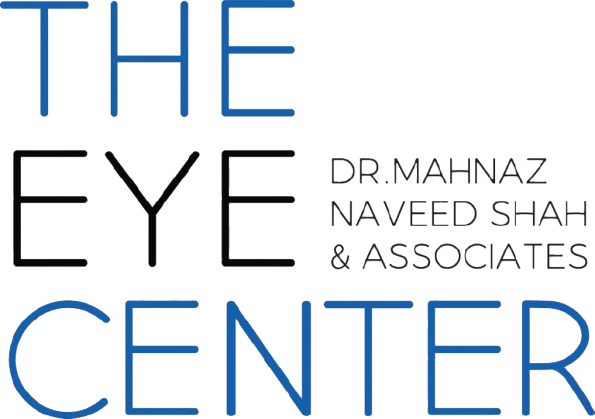Ocular chloroquine toxicity is a rare but serious side effect of long-term use of chloroquine or hydroxychloroquine. These medications are commonly used to treat malaria, rheumatoid arthritis, and lupus.
Ocular chloroquine toxicity is caused by the accumulation of chloroquine or hydroxychloroquine in the retina, which is the part of the eye responsible for transmitting visual information to the brain. The exact mechanism by which these medications cause toxicity is not fully understood, but it is thought to involve damage to the cells that make up the retina.
Certain factors can increase the risk of developing ocular chloroquine toxicity, including long-term use of chloroquine or hydroxychloroquine, High doses of the medication, kidney or liver disease, pre-existing retinal disease, such as macular degeneration or retinal dystrophy and age over 60 years
The symptoms of ocular chloroquine toxicity can vary depending on the severity of the damage to the retina. In some cases, there may be no symptoms at all. However, in other cases, the following symptoms may be present blurred vision, difficulty seeing in dim light, changes in color vision, blind spots or loss of vision in the central part of the visual field and distorted vision, such as straight lines appearing wavy
The diagnosis of ocular chloroquine toxicity is typically made based on a thorough eye exam and a review of the patient’s medical history. Tests may include:
Visual acuity test: This test measures how well the patient can see at various distances.
Visual field test: This test measures the patient’s peripheral vision.
Fundus exam: This exam allows the doctor to look at the back of the eye and check for any abnormalities in the retina.
Electroretinogram (ERG): This test measures the electrical activity of the retina in response to light.
There is no cure for ocular chloroquine toxicity, but the following treatments may be recommended to slow down the progression of the damage to the retina.
Discontinuation of the medication: If the patient is still taking chloroquine or hydroxychloroquine, the medication may need to be stopped to prevent further damage to the retina.
Anti-inflammatory medications: These medications may be prescribed to reduce inflammation in the eye.
Vitamin A supplements: Vitamin A supplements may be recommended to help protect the retina and slow down the progression of the damage.
The best way to prevent ocular chloroquine toxicity is to use these medications only as directed by a healthcare provider and to undergo regular eye exams to monitor for any signs of damage to the retina. If you are taking chloroquine or hydroxychloroquine, it is important to report any changes in vision to your healthcare provider right away.
In conclusion, ocular chloroquine toxicity is a rare but serious side effect of long-term use of chloroquine or hydroxychloroquine. It is caused by the accumulation of the medication in the retina and can lead to permanent vision loss if left untreated. Treatment options may include discontinuation of the medication, anti-inflammatory medications, and vitamin A supplements. Prevention is key, and patients should use these medications
At The Eye Center- Dr. Mahnaz Naveed Shah & Associates our team of eight ophthalmology subspecialists/ eye specialists, eye surgeons who are considered amongst the very best eye specialists in Karachi and in Pakistan, have the diagnostic and treatment capabilities to treat from the simplest to the most complex patients. We work hard to provide our patients with the best possible medical and surgical eye care, in a state of the art purpose built eye care facility. We offer the entire array of medical, laser and surgical treatments to help provide patients the best possible care in the most efficient, safe and ethical manner.
If you need an appointment, please contact us at 03041119544 during our working hours or leave us a WhatsApp message at +923028291799 and someone will connect with you. Walk-in appointments are also available for emergencies. We can also be reached through our web portal on www.surgicaleyecenter.org

